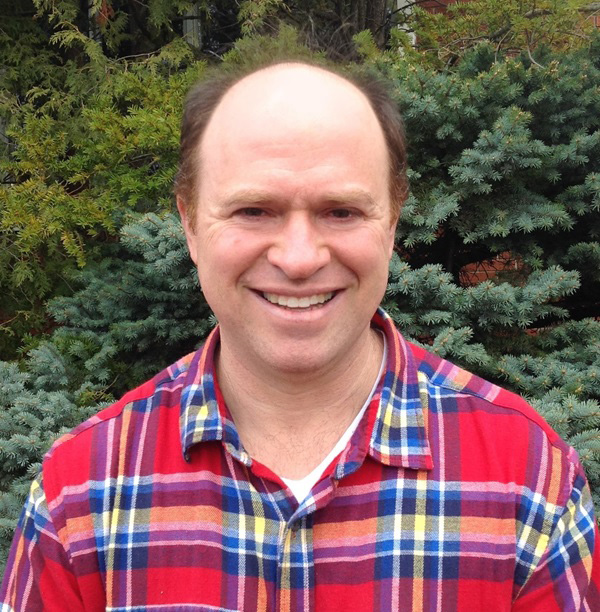Daniel Wise, James McGill Professor in the Department of Mathematics and Statistics, is one of 50 eminent scientists who were elected as Fellows of the Royal Society and ten as new Foreign Members for their exceptional contributions to science.
Founded in the 1660’s, Royal Society is a Fellowship of many of the world’s most eminent scientists and is the oldest scientific academy in continuous existence. The Society’s fundamental purpose is to recognize, promote and support excellence in science and to encourage the development and use of science for the benefit of humanity.

“Our Fellows are key to the Royal Society’s fundamental purpose of using science for the benefit of humanity. From Norwich to Melbourne to Ethiopia, this year’s newly elected Fellows and Foreign Members of the Royal Society are testament that science is a global endeavour and excellent ideas transcend borders,” said Venki Ramakrishnan, President of the Royal Society, during the announcement on may 9. “We also recognize the cutting edge innovation taking place across industry, with many of this year’s Fellows coming from the thriving tech industry. For their outstanding contributions to research and innovation, both now and in the future, it gives me great pleasure to welcome the world’s best scientists into the ranks of the Royal Society.”
Prof. Wise is a pure mathematician specializing in Geometric Group Theory, which studies symmetry through its interaction with algebra, geometry and topology. He grew up in New York and received his BA from Yeshiva University and his PhD from Princeton (1996). The early stage of his career was at Berkeley, Cornell, and Brandeis, and he then moved to McGill in 2001, where he is James McGill Professor.
Prof. Wise’s scientific agenda has been to explore and promulgate the utility and ubiquity of nonpositively curved cubical geometry in group theory and topology. His program of research led to the solution of several outstanding problems in combinatorial group theory and 3-manifold topology. For this, he was awarded the Oswald Veblen prize in 2013, became a fellow of the Royal Society of Canada in 2014, spoke at the ICM in 2014, was Poincare Chair at the IHP in 2015, and in 2016 he received the CRM-Fields-PIMS Prize and a Guggenheim Fellowship.
See the complete list of new Fellows of the Royal Society and new Foreign Members.
